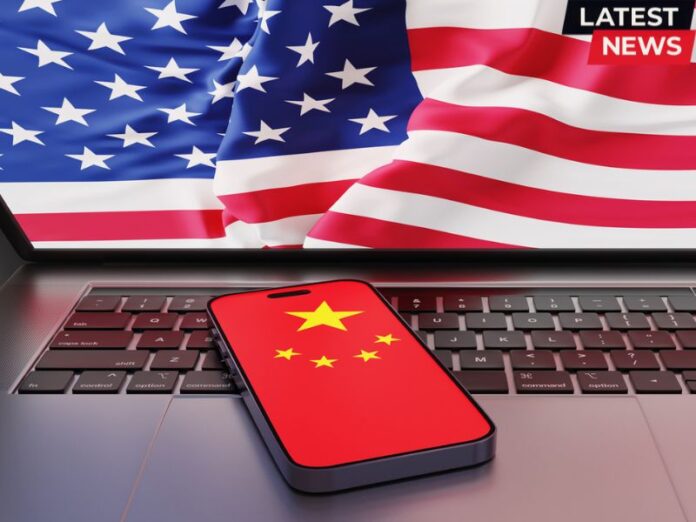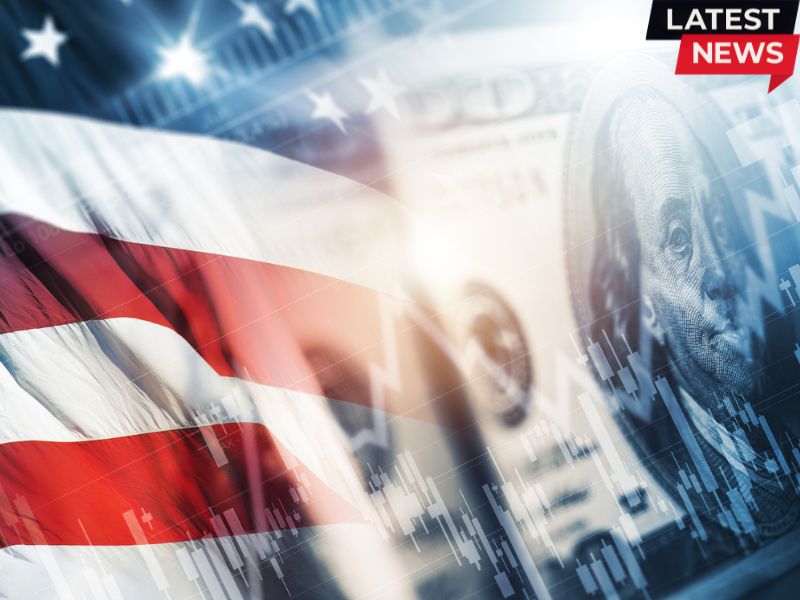
U.S. stock futures rose Sunday evening as investors welcomed a temporary break from tariffs on electronics imported from China, a move that offered some relief to a jittery market grappling with ongoing trade uncertainty.
As of 6:18 p.m. ET, futures tied to the Dow Jones Industrial Average gained 212 points, or 0.5%. The S&P 500 climbed 0.75%, while futures on the Nasdaq Composite — which is heavily weighted toward technology stocks — jumped 1.26%.
The market reaction follows a Friday night announcement from the Trump administration that electronics, including smartphones, computers, and microchips produced in China, would be spared from a wave of retaliatory tariffs — for now. However, the products are still subject to a previously imposed 20% duty, leaving some ambiguity around the long-term cost impact.
Wall Street had been on edge after weeks of rollercoaster trading triggered by President Donald Trump’s aggressive trade stance. Tariffs have been introduced and then suddenly rolled back on several key partners, creating a climate of investor hesitation.
“Right now, we’re trading on headlines and hope,” said an analyst at a major investment bank. “Each tweet, each notice, can swing trillions in market value.”
The uncertainty has especially rattled the technology sector. Major players like Apple, Nvidia, and Microsoft — all of which rely heavily on Chinese supply chains — had faced the prospect of steep cost increases on consumer products. Apple, in particular, produces most of its iPhones in China, and even a temporary exemption has significant implications for pricing and margins.
Still, U.S. Commerce Secretary Howard Lutnick cautioned Sunday that the tariff reprieve is only a pause, not a rollback. “This is not a long-term fix,” Lutnick said, noting that further duties could follow depending on the outcome of a national security investigation into semiconductor imports.
Trump, in a post on his Truth Social platform, reiterated his hardline approach. “NOBODY is getting ‘off the hook’ for the unfair Trade Balances and Non Monetary Tariff Barriers,” he wrote, singling out China as a top offender.
That unpredictability has prompted concern on Capitol Hill and among economists, who warn that businesses are unlikely to make significant investment decisions while the policy environment remains in flux.
“You can’t grow an economy when the rules change every other day,” said Senator Elizabeth Warren (D-Mass.) during an appearance on CNN. “Companies are waiting on the sidelines because they don’t know who’s getting hit next — or who might get a pass.”
The administration has recently imposed a baseline 10% tariff across all nations, with steeper penalties on about 60 countries labeled “high-risk,” including 49% on Cambodia, 46% on Vietnam, and 20% on the European Union. The sweeping measures sent stocks plunging on April 3, with the market shedding nearly $6 trillion in value over a two-day selloff. Volatility continued into the following week.
While Sunday’s futures suggest cautious optimism, analysts stress that any sustained rally will depend on more consistent trade messaging and clearer policy direction in the weeks ahead.
“Until we see a roadmap — not just a reaction — this market will stay nervous,” said one strategist.
Related Readings:



#Markets #Rise #Trump #Eases #Tariffs #Chinese #Electronics